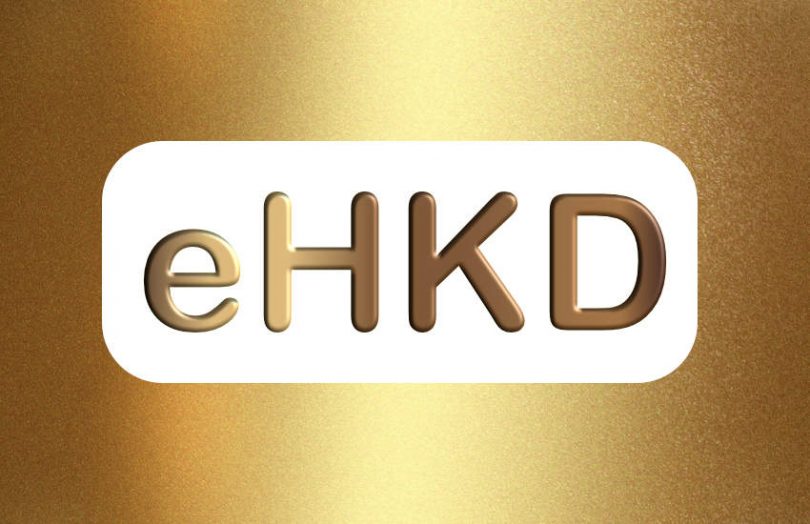Yesterday the Hong Kong Monetary Authority (HKMA) shared its roadmap for developing its retail central bank digital currency (CBDC), the e-HKD. This marks Hong Kong’s transition from the research to the development phase of the CBDC.
The central bank believes it will take two to three years to develop the interbank layer for the two-tiered consumer-focused CBDC. However, SCMP reported trials to start in the fourth quarter, which might refer to use case experiments versus infrastructure. Additionally, the central bank stated it would explore using CBDC as an on and off-ramp for DeFi.
A three-pronged plan
The central bank outlined a three path approach to development. The first is the foundational infrastructure, including the wholesale layer, which the central bank will use to enable the distribution of the retail CBDC with banks as intermediaries. HKMA expects to take nine months to design this and two to three years to develop it. There are also plans for a legislative program to enable e-HKD issuance.
Simultaneously the central bank intends to explore retail use cases, something which should be much faster but iterative. This might be where pilots could potentially start as soon as the fourth quarter.
One of the use cases mentioned is a trial of delivery versus payment (DvP) settlement of tokenized securities. At first, this looks more like a wholesale rather than retail CBDC application. However, this week the government made an issue of showing its support for the security token sector, which also includes consumer-facing applications in which investors can buy tokens without intermediaries.
Other projects include a wallet app, cybersecurity issues being explored with the Bank of Israel, privacy and performance features, and industry engagement on use cases.
The third path in its roadmap relates to the production rollout, which HKMA said is dependent on progress on the foundational and use case work as well as the international community.
CBDC for DeFi?
The paper accompanying the announcement mentioned exploring the e-HKD for DeFi in cryptocurrency. It referred to “discussion in the international financial community on the potential application of CBDC to the crypto and decentralised finance (DeFi) space to provide an anchor of stability in the relevant markets” given it doesn’t consider stablecoins appropriate.
In terms of Defi specifics, the action list includes “Studying the pros and cons of using CBDC as the on- and off-ramp instrument for DeFi.”
In context, the HKMA is also exploring DeFi applications to improve funding for SMEs.
On a related note, last month, HKMA partnered with InvestHK to add CBDC to the Hong Kong Global Fast Trace 2022 program. It’s interested in applications, including programmable money, interoperability, forex and liquidity management.
The bulk of the report is a summary of two e-HKD consultations, one technical and one on policy.
SCMP quoted HKMA Deputy CEO Howard Lee saying, “In our market consultation, many commentators expressed worries that Hong Kong needs to catch up with the international trend.” The paper also discusses potential interoperability with China’s eCNY CBDC.
Apart from its retail CBDC work, Hong Kong is also working on two wholesale CBDC projects, both of which it classed as development rather than research. One is the mBridge project, a multi-CBDC initiative for cross border payments with the central banks of Thailand, China and the UAE. The other is a tokenized HKD for bond settlement. We’re guessing this is related to Hong Kong’s exploration of tokenized green bonds.






